How to control and get rid of aphids on pepper plants
This post will explain how to control and get rid of aphids on your pepper plants using organic means and natural methods. Nearly everyone in the United States is capable of growing sweet bell peppers in their summer gardens.
It’s certainly a staple in my own home garden. But sometimes the early spring warmth brings unwelcome garden pests.
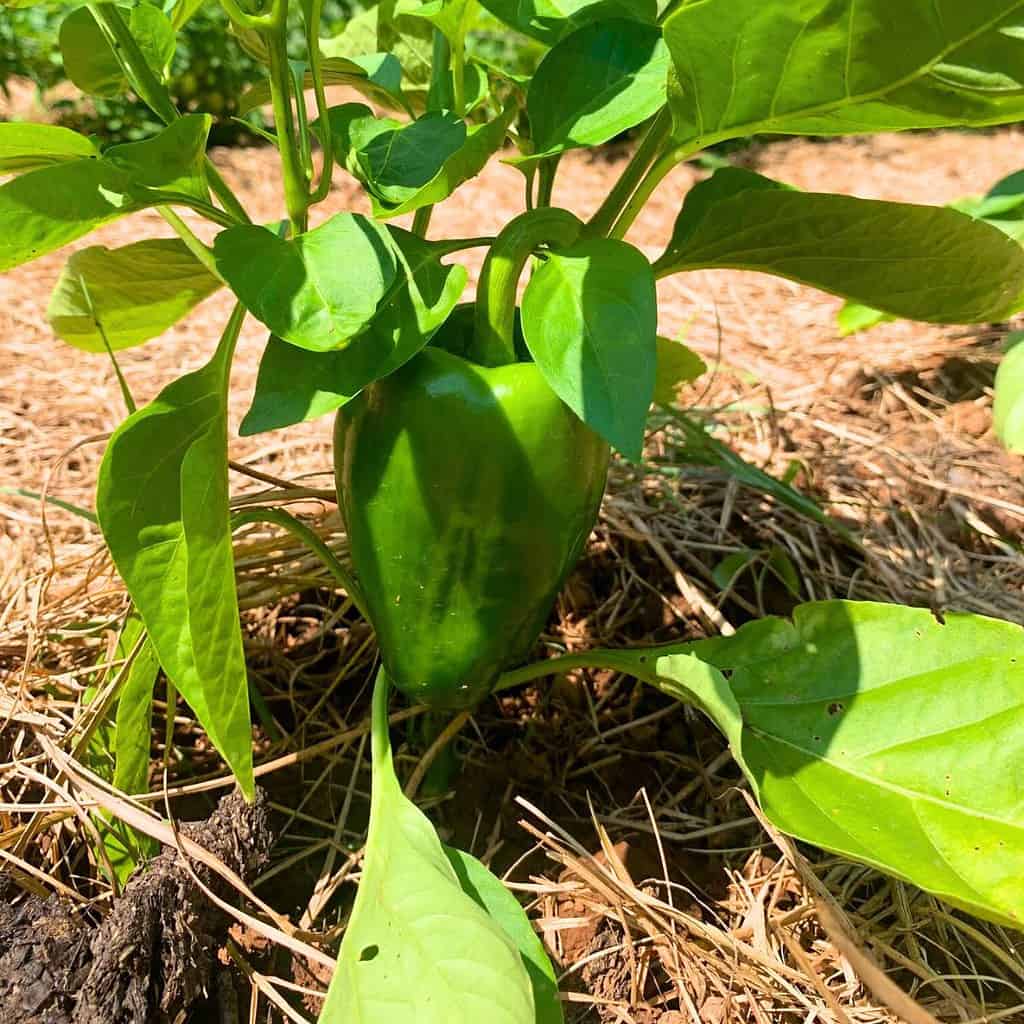
This post contains affiliate links. As an Amazon Associate I earn from qualifying purchases. That means I make a small commission at no cost to you if you place a qualifying purchase through any of the links. Read my full disclosure here. Thanks for your support!
If you are having trouble with aphids, let me be the first to tell you that you are certainly not alone. Aphids are a global pest and destroy crops worldwide when left unchecked.
But just because you see some aphids crawling on your beautiful pepper plants, that doesn’t necessarily mean that they’re going to damage your crop.
What are aphids?
Aphids are small, pear-shaped, soft insects that feed by piercing and sucking nutrient-rich plant juices out of the undersides of the leaves of plants. There are about 4,000 species, they belong to the Aphididae family, and they are one of the most common pests found in vegetable gardens.
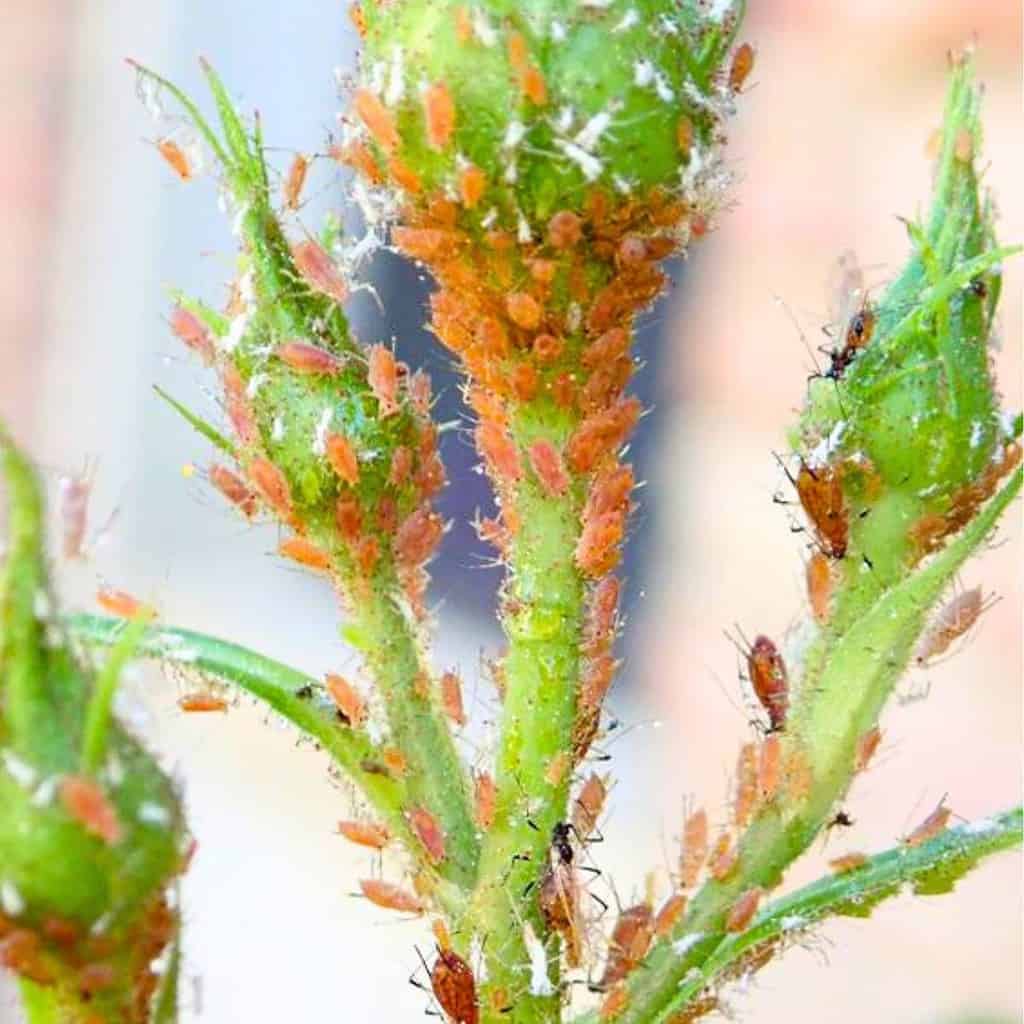
They come in various colors including black, green, pink, and grey, that reproduce several generations within a single growing season.
Aphids suck the sap out of the bottoms of leaves and exude a sweet, nutrient-rich, sticky substance called honeydew. Sooty mold sometimes grows on the honeydew, creating dark spots that will grow and eventually turn the leaves black, blocking out sunlight.
If you see large aphid colonies on the entire plant, you might also have a large ant population. Ants love to eat the honeydew secreted by aphids, and they will actually farm the aphids and protect them from aphid predators!
Aphid damage on pepper plants makes the leaves look crinkled and distorted. They can spread mosaic virus which makes the leaves mottled with yellow spots and white spots.
However, if leaves have a lot of tiny white dots and webbing, check the undersides of leaves. You may have an infestation of spider mites.
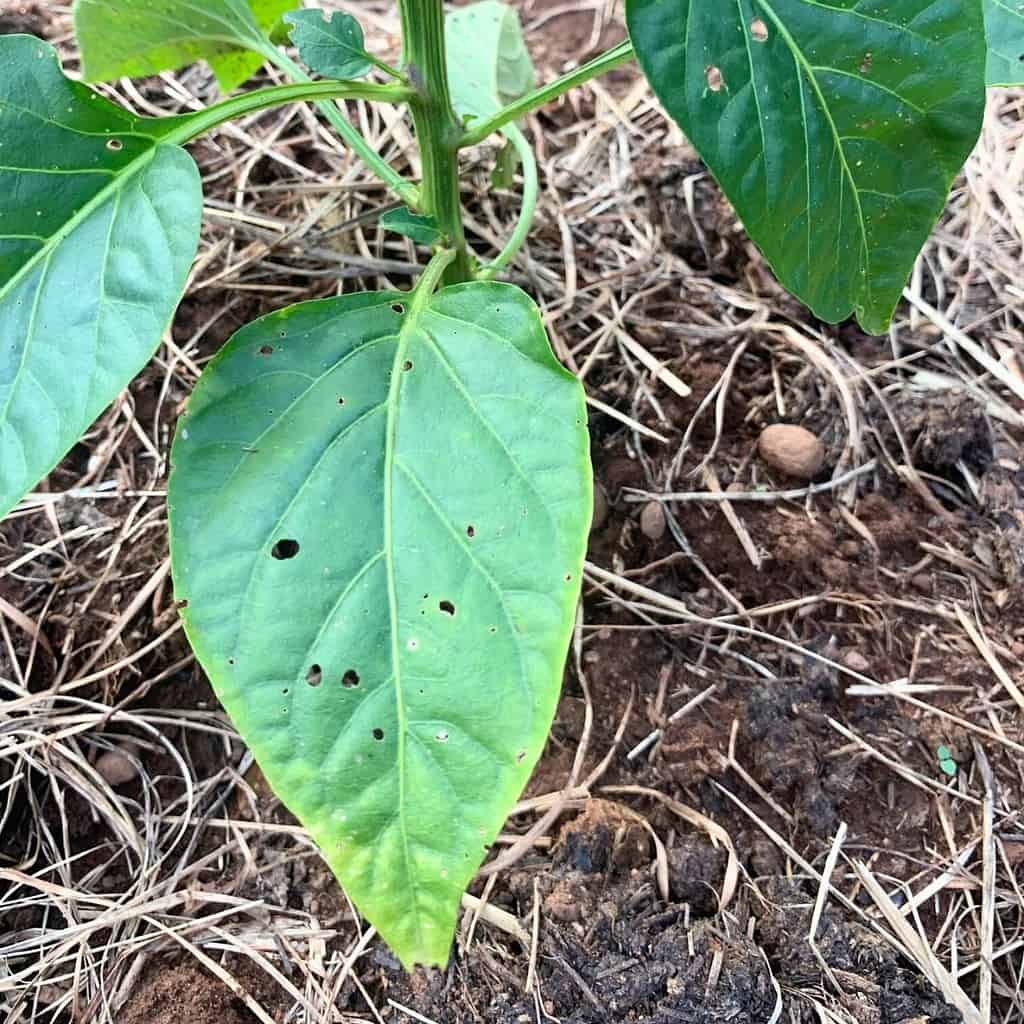
Aphid populations generally show up in early spring before the beneficial insects show up to eat them. However, some aphids, like the green peach aphid, enjoy and persist in cold weather.
In small numbers, aphids don’t do much harm to your garden. However, an aphid infestation can destroy your crop.
How to Control and Get Rid of Aphids on Pepper Plants
There are different ways to control and get rid of garden pests that damage plants in a vegetable garden. However, you don’t want to use harmful chemicals where you grow food that you plan on eating.
I wrote a detailed post about research that had been done that proved toxic chemicals in pesticides are finding their way into the inside of the food itself. It’s very serious, yet I’ve never heard anyone talk about this before! We’re told we can buy non-organic produce as long as we wash the produce very well when we get home.
I’m afraid that might not be enough if the toxins are actually inside the food.
Choose organic pest control.
Without sounding like an alarmist, please don’t use toxic chemicals like synthetic pesticides in your garden. Several pesticides are approved in the United States that are banned elsewhere around the world. And for good reason.
The good news is that you don’t have to use harmful chemicals to protect your pepper plants. Several groups of natural enemies are known to provide control of aphid pests.
This list includes both cheap and expensive methods to get rid of aphids organically and through natural remedies.
1. Fight aphids by giving pepper plants what they need to thrive.
Garden pests like aphids prefer sick and stressed plants. So thwart the attack by giving your peppers everything they need in the first place to thrive! The easiest ways to ensure garden plants are healthy are to plant them at the right time, in the right location, and with the nutrition they need.
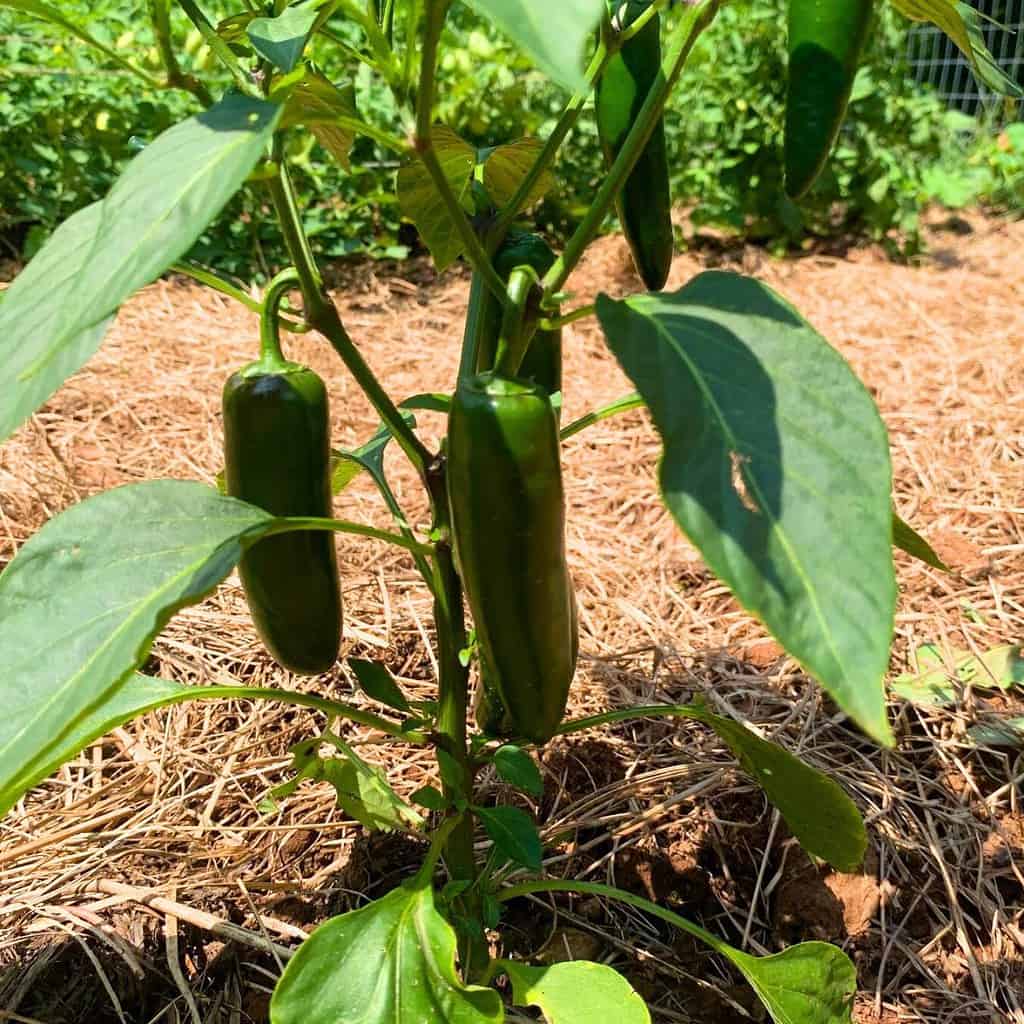
Plants thrive when their seeds are planted at the right time for the agricultural zone. I wrote a post on how adding worm castings improves seedling health if you’re interested in learning more.
It’s amazing what adding worm poop will do for your plants!
The right soil pH is also critical for plant roots to absorb nutrients. I wrote a post on laboratory soil testing and included resources for home gardeners explaining the best pH for gardens and how to take and test a soil sample.
When your soil is healthy, your pepper plants will also be healthy. And healthy pepper plants fight off pests a lot better than stressed plants!
Sunlight is also crucial for pepper plants. Space out your plants and make sure they get plenty of sunshine and air movement.
2. Use companion plants for aphid control.
Some peppers are plagued with pests…unless they happen to grow near plants that repel those same pests. Hot peppers don’t seem to have the same trouble with aphids as the sweet peppers, though.
Specifically, anything in the allium family (onions, leeks, shallots, chives, garlic) seems to protect vegetables from pests. Plus, they’re a crop all by themselves!
Plant your pepper plants among tomatoes, carrots, herbs, and cucumbers. This confuses garden bugs and keeps them to a manageable population. Don’t grow a massive planting of just one vegetable.
3. Rotate crops every year to control and get rid of aphids on pepper plants.
Outdoor plants need to be rotated. Crop rotation is the practice of changing the location of crops from one year to the next. Diseases and insect larvae that affect a crop during the growing season will lay dormant in the soil through the fall and winter.
If you grow the same crop in the same spot where the pests lay dormant in the soil, you can guarantee a worse pest problem the following year.
Wait at least one year if you can, but most crop rotation cycles encourage a four-year cycle. Companion planting does help the situation, though. The longer you can wait to repeat a crop in a particular spot, the better off you’ll be.
4. Plant disease-resistant varieties to control aphids on pepper plants.
Your local county extension office should be able to point you in the right direction, but plant disease-resistant pepper varieties.
You can also start saving your own pepper seeds from one season to the next so that you encourage health in your pepper plants. The helpful book Seed to Seed: Seed Saving and Growing Techniques for Vegetable Gardeners has some very helpful information if you want to learn more.
5. Plant flowers to encourage natural predators and deter pests.
Aphids are a major food source to green lacewings and lady beetles (adults and larvae). Predatory insects like parasitic wasps are natural enemies of aphids and they devour them.
Plant colorful flowers to attract beneficial predators into your garden and they’ll stick around when they see that there is plenty to eat. This adolescent ladybug was on one of my sunflowers hunting aphids.
Nasturtiums and marigolds are also popular flowers that attract beneficial predators and birds and deter garden pests.
6. Cover pepper plants with floating row covers.
Row covers are an effective way to protect young plants from garden pests until they’re big enough to fight them off and survive on their own, or until beneficials show up in the garden.
7. Weed in and around your garden to control and get rid of aphids on pepper plants.
Not only do weeds use up the water and nutrients in your garden soil, but they also harbor garden bugs. A great way to take away their habitat is by keeping your garden weeded and mulched. And make sure you cut the nearby lawn short.
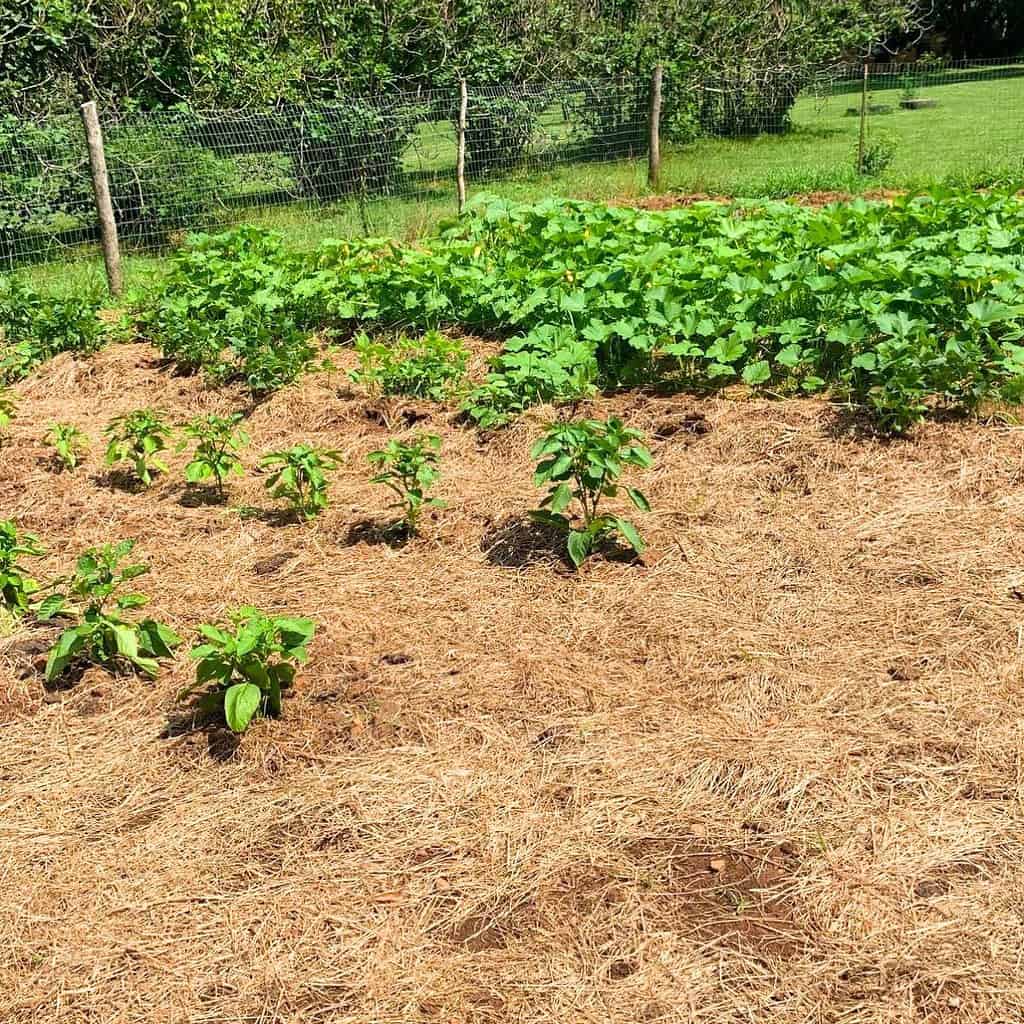
Garden pests are less likely to thrive in a neat and tidy garden that is well-maintained and weeded. Plants get more air and sunshine which reduces their stress, and aphids have nowhere to hide when beneficial insects come.
8. Wait until later in the season to plant your pepper plants outside.
If you have a nice, long growing season, you may consider planting your pepper plants out later. This is very useful when aphids are plaguing entire crops.
By waiting a few extra weeks, the beneficial insects should be awake and in hunting mode for aphids. Just bypass the whole headache if you’ve had terrible trouble with aphids in the past.
9. Water pepper plants at the root level and try not to get the leaves wet.
Using an overhead sprinkler in the evening is one of the worst things you can do for your garden. Doing so soaks the leaves and keeps them wet for the whole night. That’s an open invitation for fungus, slugs, and snails.
Keep these watering tips in mind. Water in the morning so that the leaves can dry out during the day. Water when your garden needs it, but water deeply to encourage roots to grow deep into the ground.
10. Spray aphids off your pepper plants with a strong stream of water.
If beneficial insects are not present in your garden yet, use a garden hose to spray a strong squirt of water on your affected plants including the underside of leaves to drown the aphids and other small insects.
You can fill your garden sprayer with plain water first and aim the spray at those large groups of those tiny green bugs, which are green aphids.
11. Sprinkle food-grade diatomaceous earth on pepper plants to get rid of aphids.
Diatomaceous earth (DE) is the naturally occurring fossilized remains of phytoplankton called diatoms. They are microscopic with sharp edges that effectively cut into soft-bodied insects like aphids and kills them.
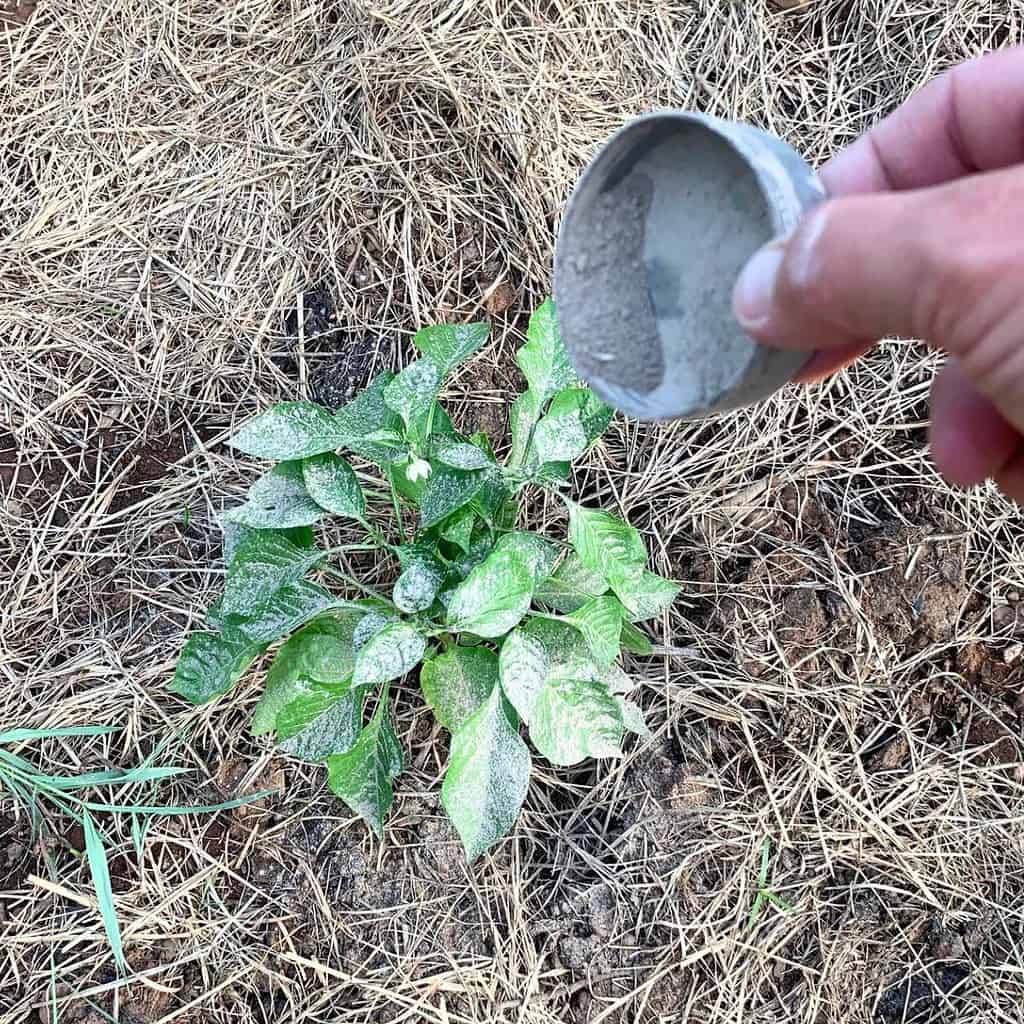
Unfortunately, DE also kills beneficial insects that you want in your garden. Plus it’s hazardous to breathe.
If you use DE, be safe and wear a mask so you don’t get the dust into your lungs. Also, it’s a good idea to dust your plants in the late afternoons when beneficial bugs aren’t active.
12. Spray pepper plants with an organic insecticidal soap to get rid of aphids.
If water from a water hose doesn’t solve your problem, you can kill garden pests by spraying them with insecticidal soap.
Most household soaps like dish soap and detergents can burn plant leaves, so it’s best to buy commercially made insecticidal soap. Dilute and apply the soap spray according to package directions being sure to get the underside of the leaves where aphids like to hide.
Don’t spray on windy days since this is a contact pesticide. You don’t want the spray to kill nearby beneficial bugs. Also, you can add up to 10% alcohol in your spray bottle to help the soap adhere.
Note: A balanced ecosystem will keep garden pests in check and that’s preferred over organic pesticide and chemical pesticides, which can cause harm to beneficial insects.
13. Spray pepper plants with neem oil to get rid of aphids.
Neem oil is made from the fruit kernels of the neem plant. It is a broad-spectrum miticide and insecticide that kills on contact. Just like horticultural oils, it kills insects by smothering their pear-shaped bodies.
Be wary not to spray beneficial insects if you decide to try neem oil. Spray late in the day, when it’s not windy, and wear protective clothing.
14. The best way to fight aphids organically is to not use pesticide sprays or dusts.
In a balanced, organic garden ecosystem, beneficial insects will eventually come to eat the insect pests. Using pesticides and even organic insecticide throws the garden off balance and kills both beneficial and harmful insects.
Most often the harmful insects will come back with a vengeance. Without the beneficial insects to stop them, the harmful insects will thrive and destroy your garden!
15. Spray pepper plants with horticultural oil to get rid of aphids.
Horticultural oils are petroleum-based contact insecticides that smother insects and aphid eggs.
Dormant or heavy oil is sprayed during the winter or early spring months, and summer or lightweight oil is sprayed during warmer months. There are also oils you can use all year.
To avoid drift, don’t spray on windy days. Also, wear protective clothing like goggles, long sleeves, and gloves. Keep pets and children far away when you spray.
How to Control and Get Rid of Aphids on Pepper Plants
I just want to reiterate that just because you see garden bugs on your pepper plants, that doesn’t necessarily mean that your crop will suffer.
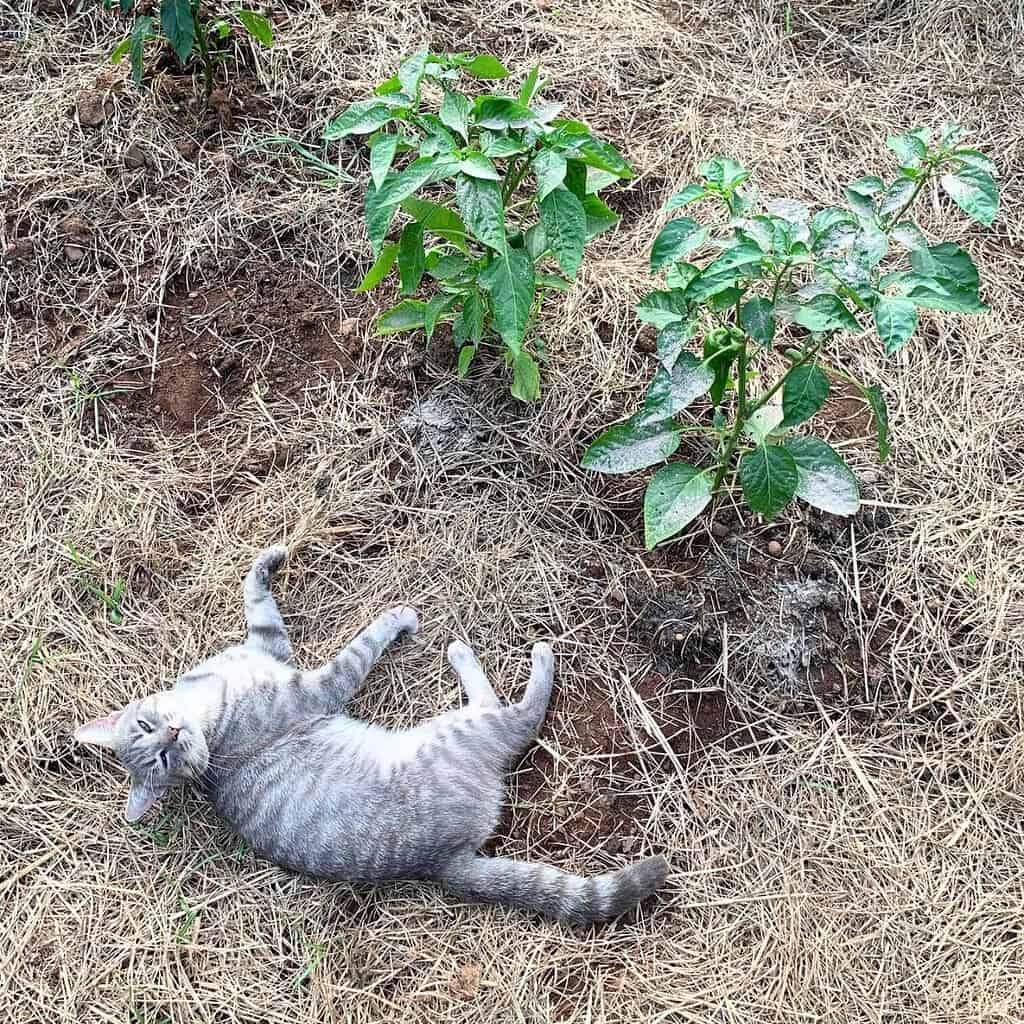
If you see aphids on your plants in early spring, try the methods described above. In a few weeks, the beneficial insects will come to your rescue!
Always use insecticides or other methods that might possibly harm beneficial insects as a last resort. Use of pesticides may inadvertently kill the natural predators of aphids.
Shop This Post!
Diatomaceous Earth, Food Grade (Bulk: Azure Standard, 50lb)
Food Grade Diatomaceous Earth, 10 LBS (Amazon)
Other Related Posts
How To Get Rid Of Black Bugs On Tomato Plants
How to Trellis Tomatoes Using the Florida Weave
Use Vinegar to Acidify Soil (Lower pH) for Blueberries
Gardening: Is Clay Soil Acidic (Low pH)?
Laboratory Soil Testing and Resources for Gardeners
Signs of Acidic Soil (Low pH) and How to Make it Alkaline
How Much Worm Castings Should You Add to Soil?
Pin It For Later!
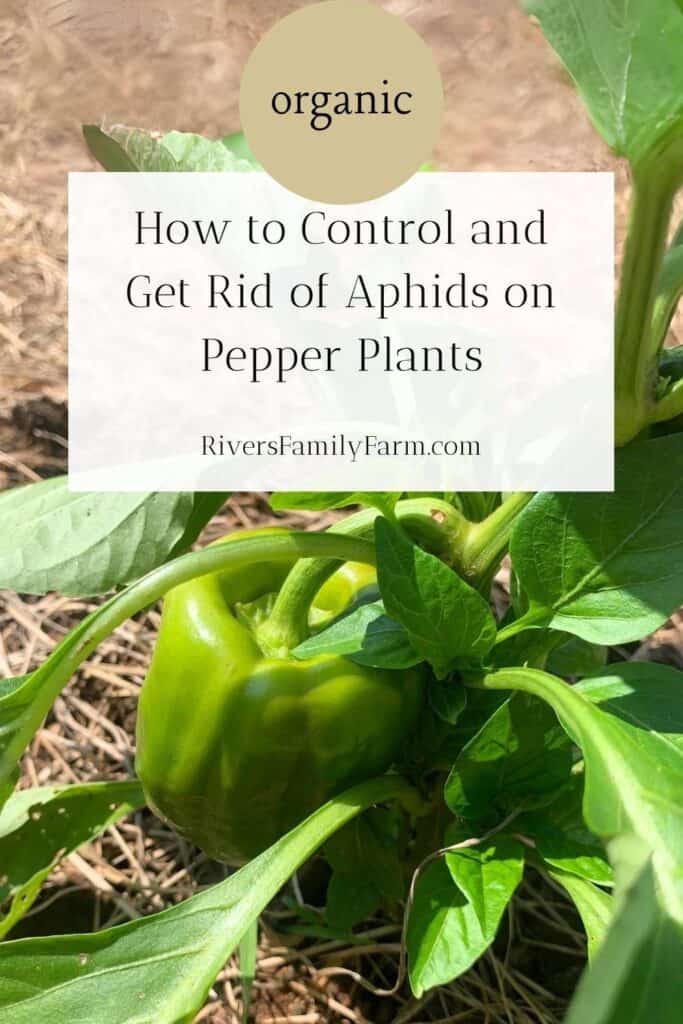

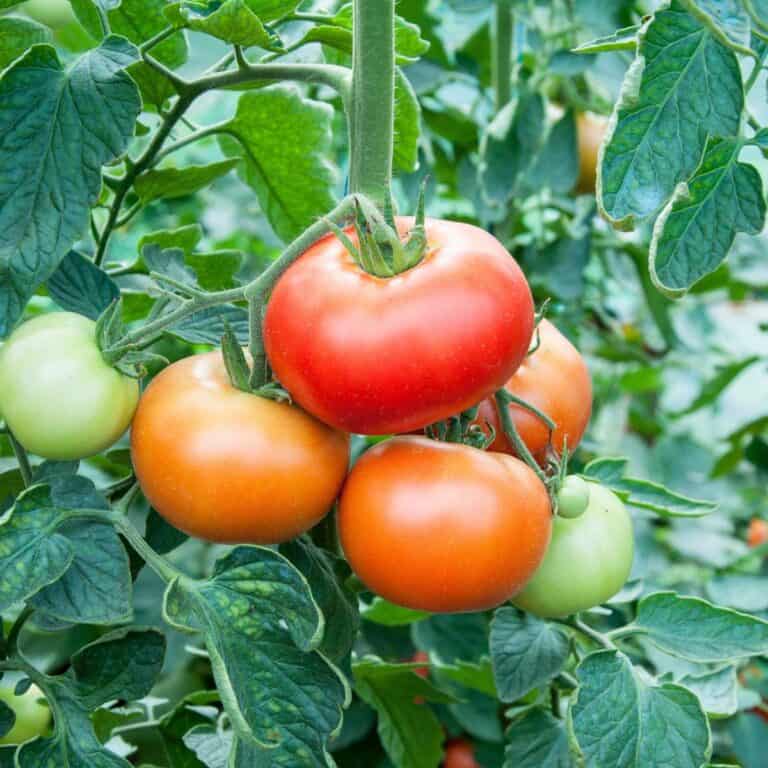
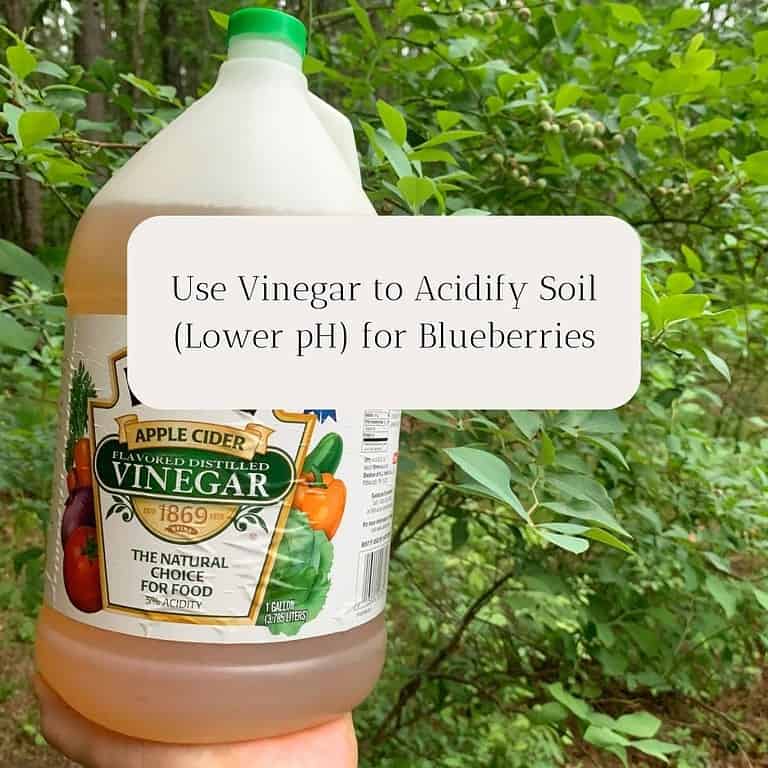
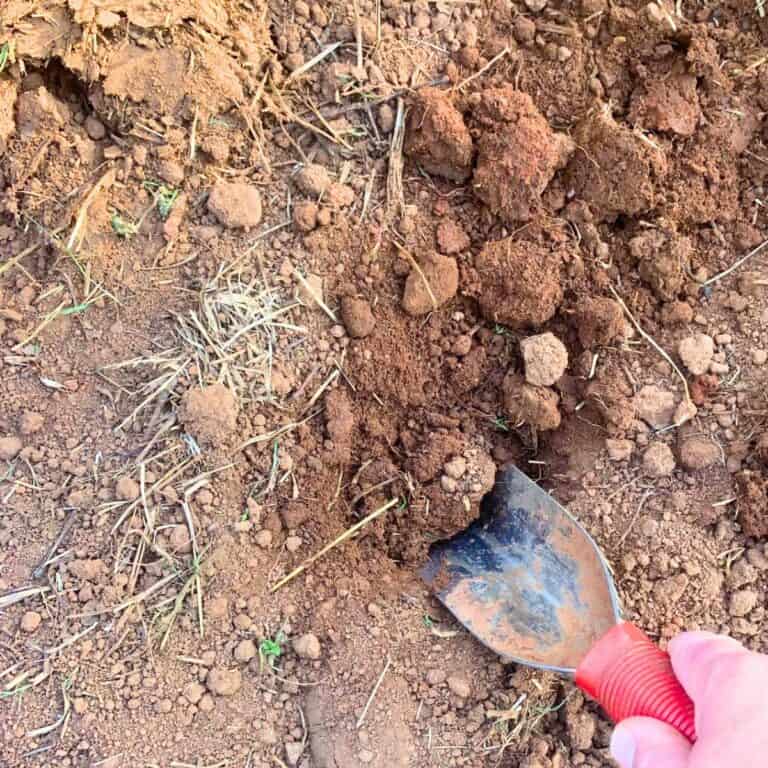

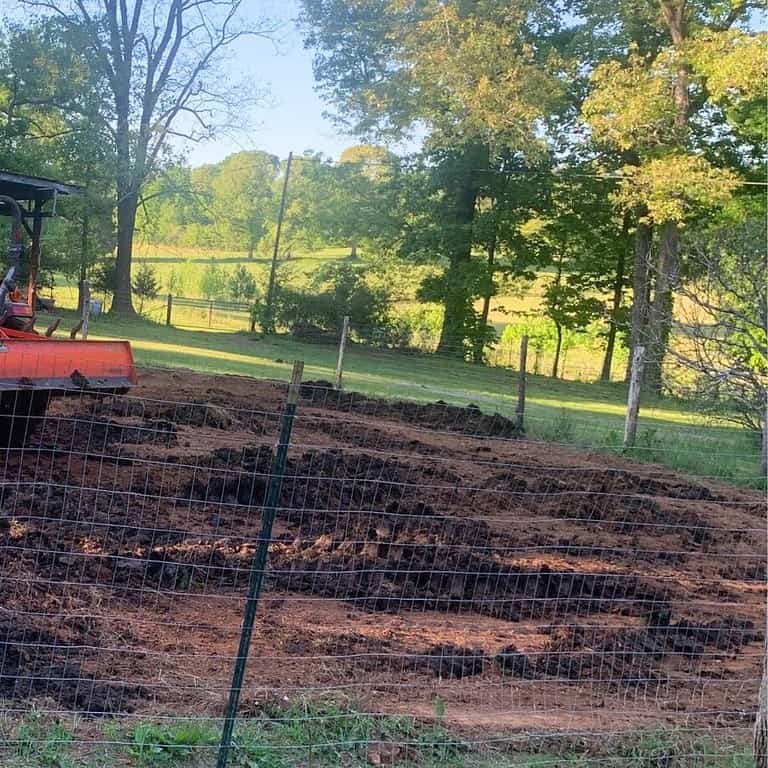
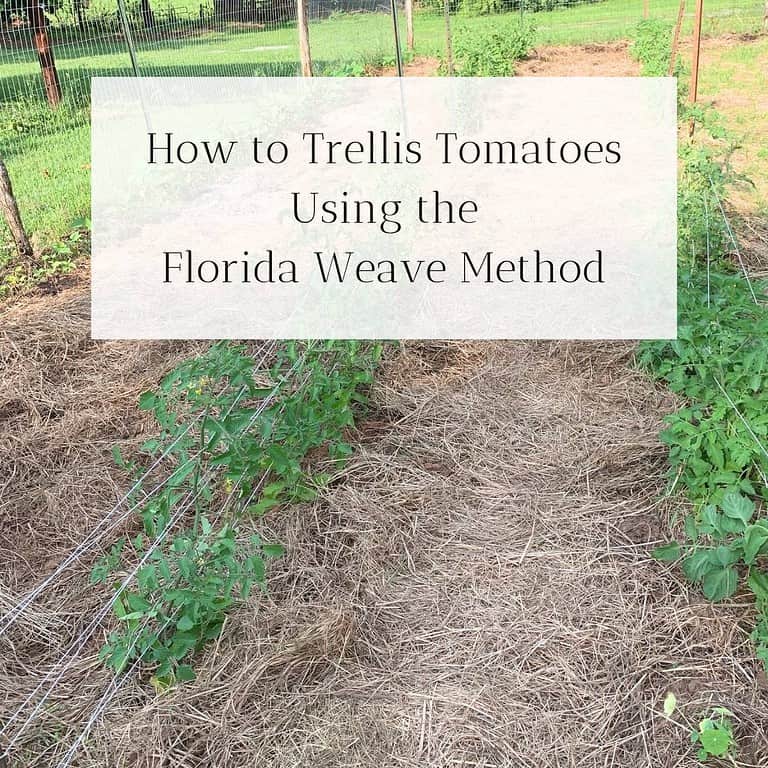
Great post! Can’t wait to try this when I start growing my own peppers in my own garden. Building one soon!
I hate aphids. They are so annoying and ruin a garden. Thanks for this info, I’m going to be trying this if they return this year.
Great post! Some good ideas for getting rid of/preventing aphids!
Thank you for sharing such an abundance of tips! I hope the aphids in the garden will finally decide to leave my plants alone.
This is so neat! It’s amazing how you can plant another plant to protect a different type of plant. Thanks to sharing!
Great post! This will come in handy when I start my garden! Thanks for sharing 🙂
You’re very welcome!
Just in time! Thanks for the info!
You’re so welcome!